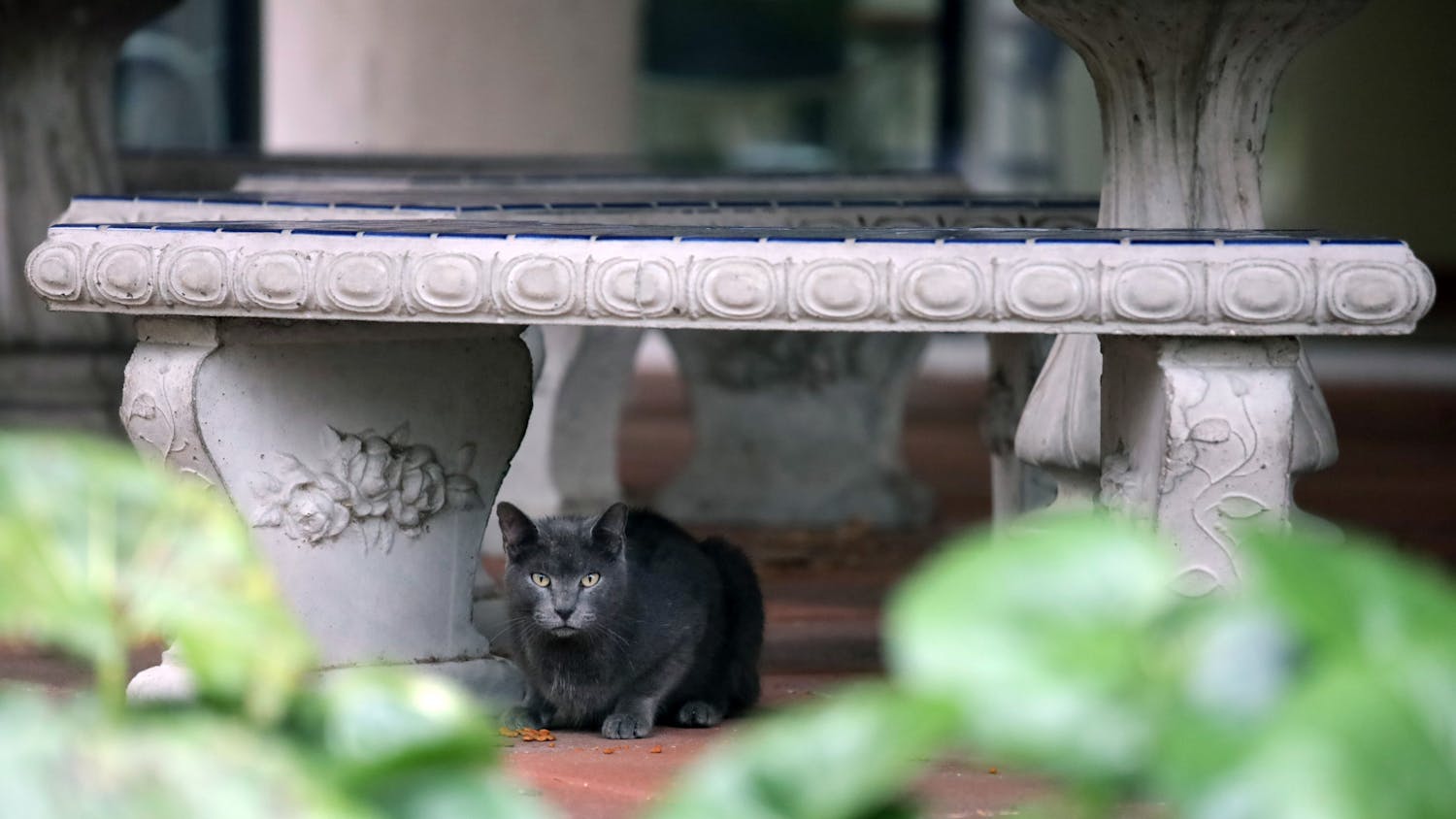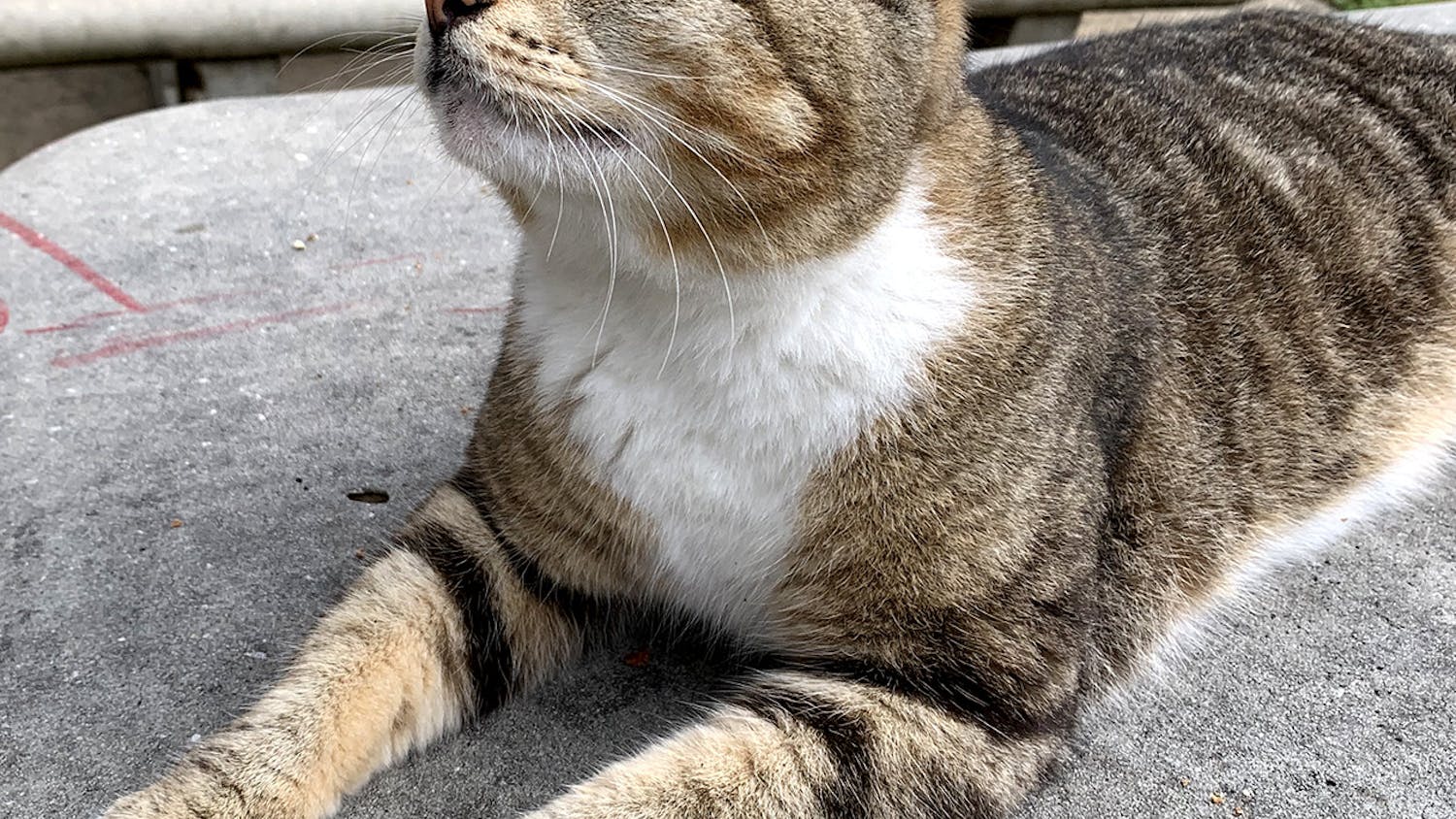In a cemetery outside of Gainesville, someone deserted three bright-eyed kittens in 2015.
A woman found Odin, Ogden and Ollie in a 5-gallon bucket and later dropped them off at the Alachua County Humane Society with a $100 donation and a list of health issues, said Kate Gallalee, the humane society’s adoption and foster coordinator.
The organization recently started announcing the emergence of kitten season, Gallalee said, which began in March and varies each year depending on what month is the warmest.
The “O-Litter” was nursed to health by a foster family and later adopted, and Gallalee said she wants the same for other kittens this year.
Margot Wilder, the director of development for the humane society, said thousands of kittens need similar care during kitten season. As the temperature rises, so does friskiness, and overpopulation becomes a problem for shelters.
Along with cash donations, she said the shelter needs kitten milk replacer, heating pads, syringes and other supplies.
The shelter also hopes more residents will foster or permanently adopt a kitten or two.
Audrey Garrison, the executive director of Operation Catnip, said one UF veterinary student fosters up to 15 cats.
“She’s a sucker for a sad story, and she is one of many,” Garrison said.
Still, even in the midst of kitten season, feral cats are often spayed or neutered through programs such as Operation Catnip, and they pose no risk to Gainesville residents, she said.
“They’re part of the environment,” said Garrison.





